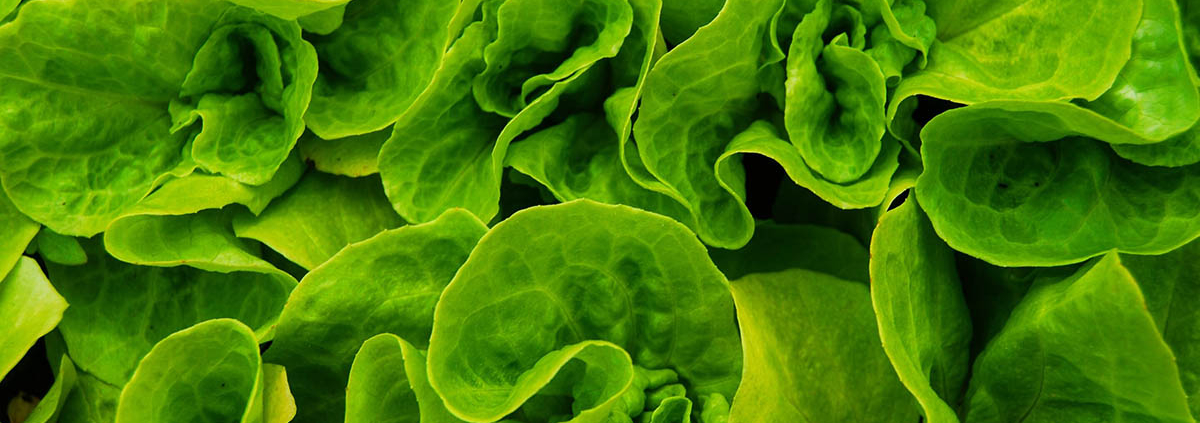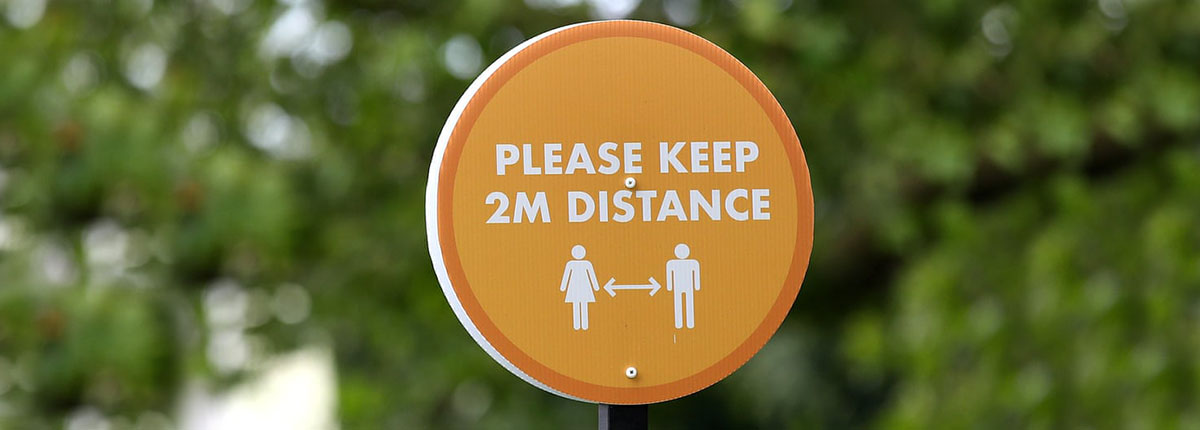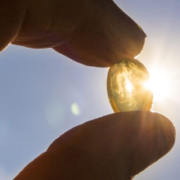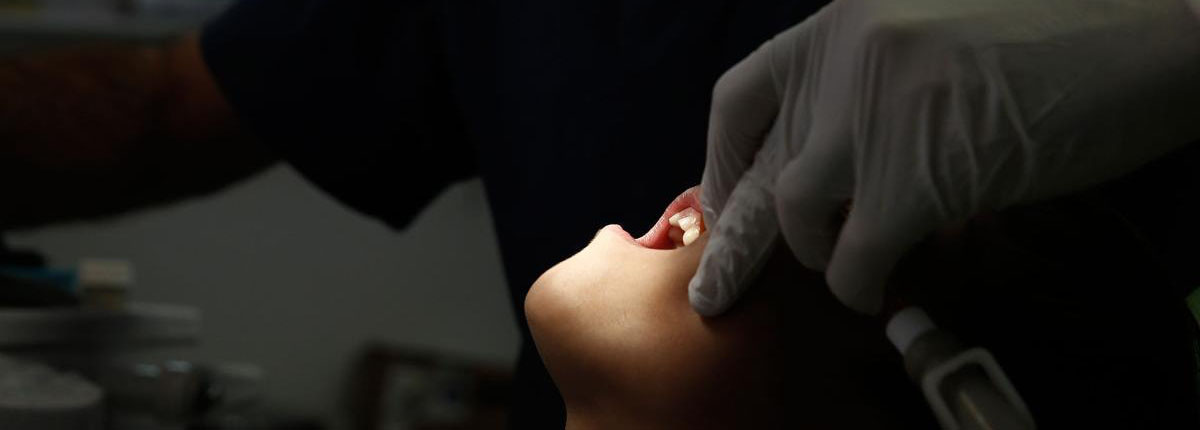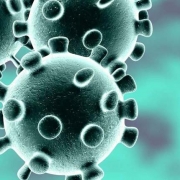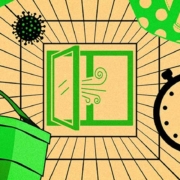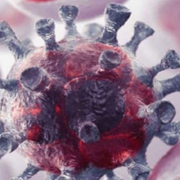Chemical Found in Leafy Greens Shown to Slow Growth of COVID-19 and Common Cold Viruses
A Johns Hopkins Children’s Center-led study finds sulforaphane could help prevent and treat illnesses caused by some coronaviruses, including COVID-19.
Researchers at Johns Hopkins Children’s Center report evidence from lab experiments that a chemical derived from a compound found abundantly in broccoli and other cruciferous plants may offer a potentially new and potent weapon against the viruses that cause COVID-19 and the common cold. COVID-19 has already killed more than 6 million people worldwide, and studies have shown that common colds cost an estimated economic loss of $25 billion in the U.S. alone each year.
In a study in the Nature journal Communications Biology, the scientists showed that sulforaphane, a plant-derived chemical, known as a phytochemical, already found to have anti-cancer effects, can inhibit the replication of SARS-CoV-2, the coronavirus that causes COVID-19, and another human coronavirus in cells and mice.
While the results are promising, the researchers caution the public against rushing to buy sulforaphane supplements available online and in stores, noting that studies of sulforaphane in humans are necessary before the chemical is proven effective, and emphasizing the lack of regulation covering such supplements.
Sulforaphane’s natural precursor is particularly abundant in broccoli, cabbage, kale and Brussels sprouts. First identified as a “chemopreventive” compound by a team of Johns Hopkins scientists decades ago, natural sulforaphane is derived from common food sources, such as broccoli seeds, sprouts and mature plants, as well as infusions of sprouts or seeds for drinking. Previous studies, including those at Johns Hopkins Medicine, have shown sulforaphane to have cancer and infection-prevention properties by way of interfering with certain cellular processes.
Release date: 23 March 2022
Source: Johns Hopkins Medicine

